Test-Taking Tips
Are you unsure of how to best study for an upcoming exam? These test-taking tips can help you be prepared!
In This Section
- Objective Tests – contain factual questions that can be answered with true-false, matching, fill in the blank or multiple choice.
- Essay Exams – require a long analysis-driven answer to a question.
- Memorization – these questions test your ability to commit an act or process to memory
- Procrastination – delaying or postponing studying. See strategies for staying ahead!
Objective Tests
True-False
- In order to be “true,” a statement must be 100% true.
- Absolute words usually indicate that a statement is “false”.
- Negative words and negative prefixes reverse the meaning of the statement (Not, no, neither, ir-, un-, il-).
- When there are multiple negatives in one statement, mark them off in pairs to clarify.
- If you are stuck, mark “true”. Professors usually want to leave true information in your mind.
Multiple choice
- Read the directions carefully. Are you choosing the single best option, two correct options or an incorrect option?
- For questions that begin with an incomplete sentence, choose the option that creates a grammatically correct sentence.
- Choose “All of the above” if you are stuck.
- Use process of elimination to discard foolish options. Don’t be tricked into selecting these distracters because you have not seen them before.
- Choose the middle number from a range of numbers if you are stumped.
Matching
- Pair up the items you are certain of before you begin guessing.
- Mark off the items you have matched in order to avoid confusion.
- Read the column with the longer items first and try to match shorter items to them. This will save you time.
Fill in the Blank
- Study to the point of recall, not just recognition.
- Disregard the length of the blank.
- If you are stuck, ask the professor a clarifying question.
- e.g. “Are you looking for a number?”

Essay Exams
Planning Your Answers
- Read the directions and all the questions before you begin writing. If provided, check the grading rubric so you know where to focus your time.
- Mark your exam sheet. Circle or underline important words. Jot down a brief list of ideas you want to include in each answer.
- Plan out your time for each question. Be sure to include enough time to read over your answers.
Writing Your Answers
- Leave off the introduction. You do not have time to create a typical five-paragraph essay.
- Put your answer at the beginning of the essay. Be sure to reflect on the question in your first sentence.
- e.g. “Four mnemonic strategies that students can use to help recall information for an exam include …”
- The majority of the essay should provide support for your answer. Use evidence and avoid including your personal opinion.
- Use a recognizable organizational pattern. Examples include:
- Decreasing importance
- Chronological
- Process
- Compare & contrast.
- Use transitions. This makes your essay easier to follow.
- e. g. “The first mnemonic is…
- End with a summary sentence.

Memorization
Recite
Read a textbook passage, then look away and state in your own words what the passage was about.
Activate Your Prior Knowledge
Relate what you are learning to information you already know.
7 plus or minus 2
Most people can hold seven ideas in their short term memory, so limit what you learn to the main ideas.
Questions
Create possible test questions to check your ability to recall the information.
Rehearse
- The more times you encounter info, the better you will remember it.
- Read before class
- Attend class
- Take notes and review them
- Make flashcards
- Create games
Make-A-Sentence
Use the first letter of each word to make a funny sentence to jog your memory (Please Excuse My Dear Aunt Sally – Parenthesis, Exponents, Multiplication, Division, Addition, Subtraction).
Visualize
Draw a picture of what you are trying to learn or create a concept map of the material.
Clustering
Re-organize items you are trying to remember into categories that make sense to you.
Make-A-Word
When memorizing a list, use the first letter of each word to make a new word that will help you recall the list (FOIL – First, Outer, Inner, Last)
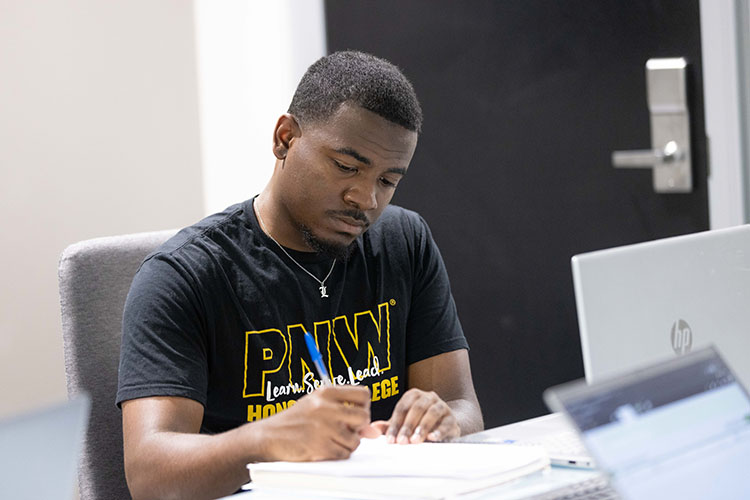
Procrastination
I have plenty of time to get it done.
Get started on the task right away so that you are ahead of schedule. Unexpected things always come up later.
Parkinson’s Law states that work expands to fill the time allotted. If you have two weeks for a paper, it will take two weeks to get it done, usually at the last minute. Set a deadline that is difficult to meet and reward yourself for getting it done early.
I don’t “feel” like doing it.
Feelings are irrational. It is important to think about your goals.
Use the five-minute plan. Work on the task for just 5 minutes and then decide if you want to continue. Chances are you will keep going.
Make your plans public by writing them down or telling others about them. It’s harder to avoid working on a task when your friends are asking how you are doing on it.
I work better under pressure.
This is a myth. Avoid undue stress by starting on a task right away. You might even have time to get help on it if it is done far enough in advance.
I have better (more enjoyable things) to do.
Complete your least favorite tasks first and get them out of the way.
Reward yourself with fun activities after getting a task done.
Find a study space free from distractions.
PNW Academic Resources
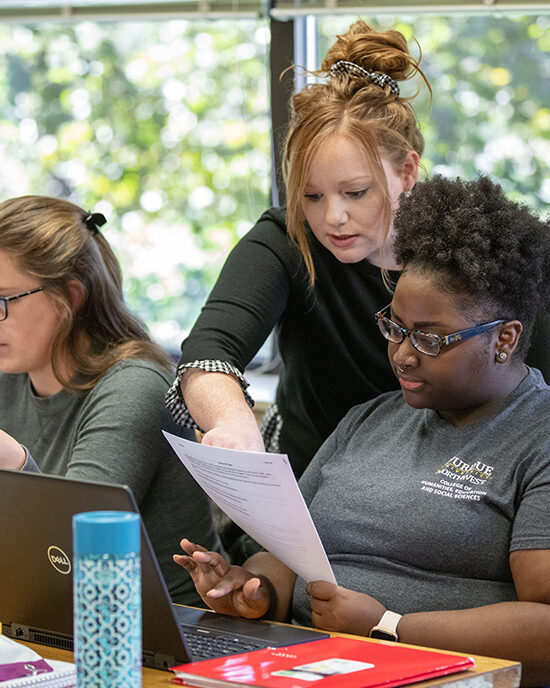
Free for PNW students—get assistance doing your own work with our free, interactive sessions with faculty-recommended student tutors.
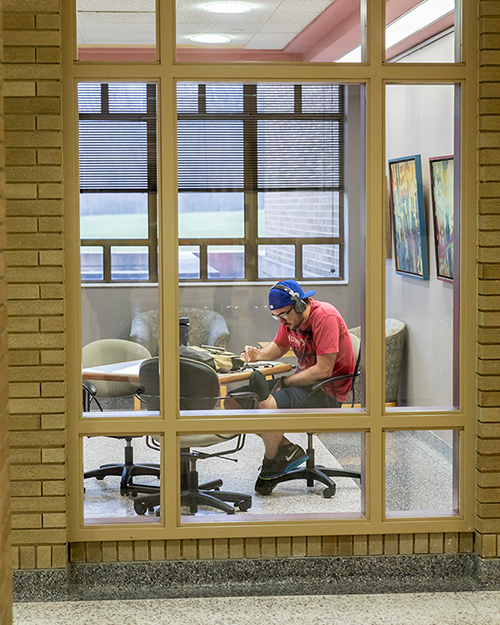
Join free study sessions led by students with proven success in your courses! Our leaders are ready to assist you.
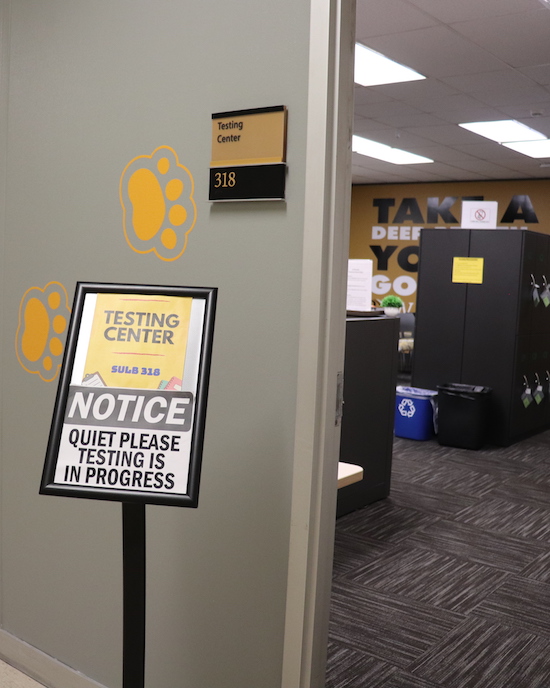
Whether you’re looking to take a placement test or make-up exam, we offer an array of services in comfortable, full-service secure labs.
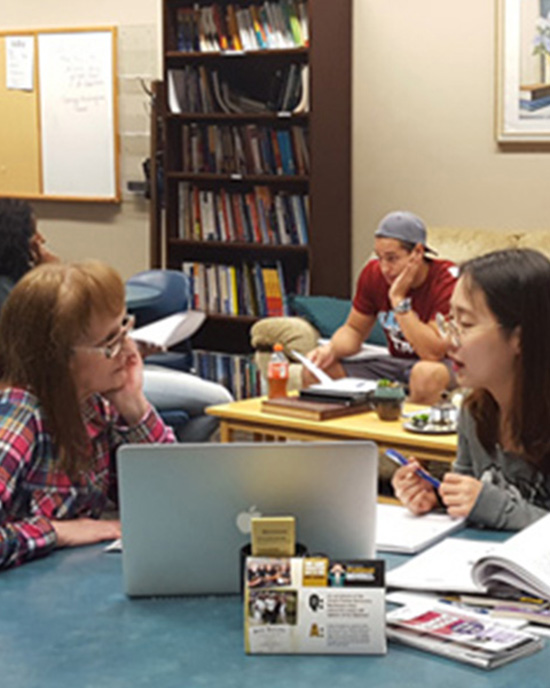
Student, staff and faculty: we help you look at your writing more critically, identifying strengths and weaknesses and making suggestions for improvement.